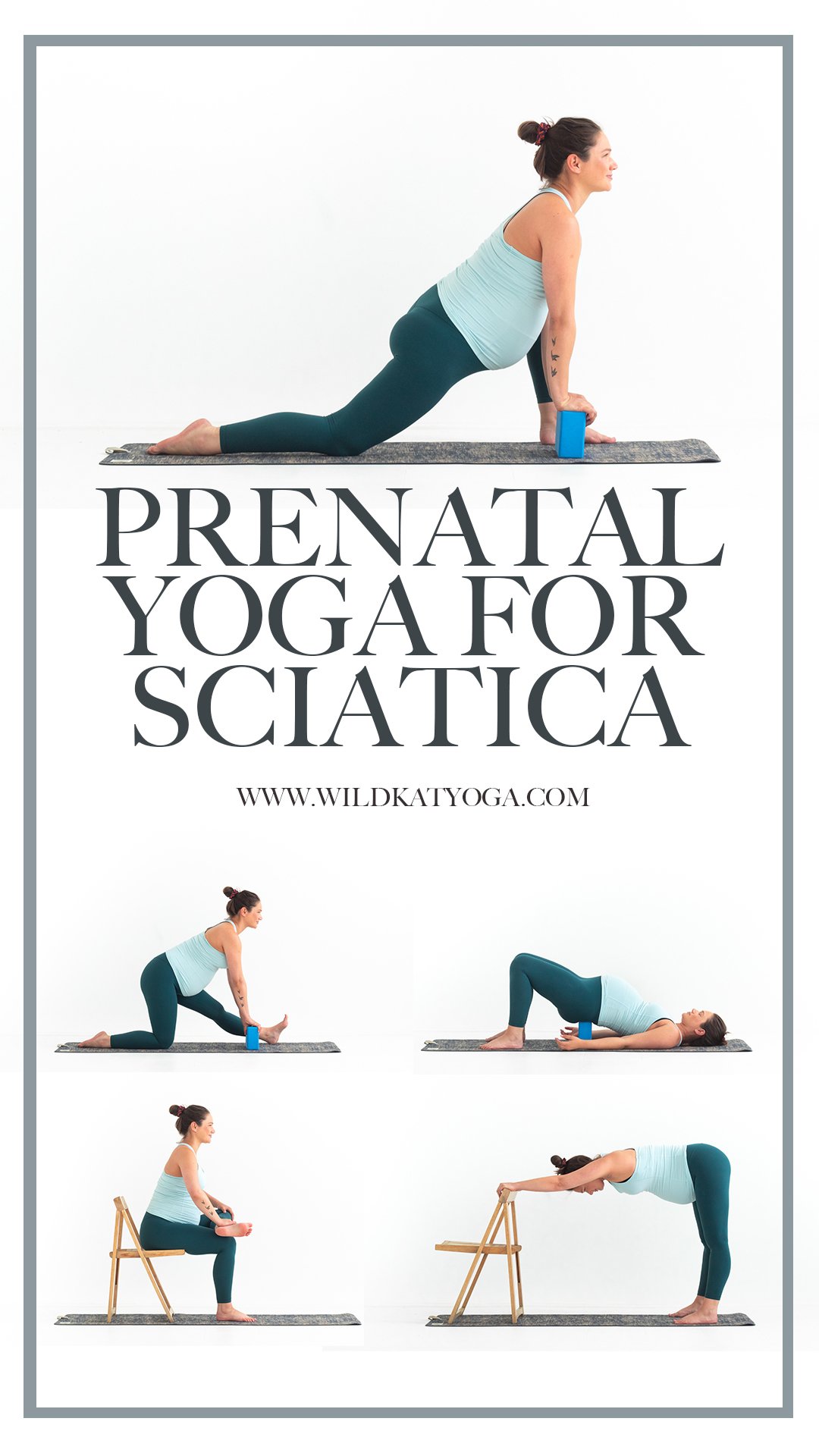How To Avoid Injury While Exercising
Functional fitness isn't simply exercise; it's a way to push your body, mind, and limits. It's a lifestyle that shapes your body and can entirely alter your thinking as a performance-testing training function. It keeps you on your toes due to frequent modifications and various training techniques. However, research indicates that 50% of all muscle injuries occur during exercise, which reveals that there is a real risk if don't pay attention to your body. So with that said, here are some tips that can help you minimise injury while exercising.
1.Warm up before working out
It is easy to sustain an injury by working hard without warming up your muscles and joints. Therefore, it’s crucial to start your training session slowly. Warm up for at least 5 minutes before exercise to reduce the possibility of pulling or straining a muscle, suffering a sprain, and suffering a joint injury. Despite this, accidents still happen. If you mistakenly sprain or strain your muscle while exercising, applying CBD creams can ease the pain and aid in fast recovery.
2. Practise good form
Good form is one of the keys to avoiding injury while pursuing fitness goals. When you master your technique and move properly, you limit your chances of developing potentially harmful habits. In the long term, it will improve your performance. Some practical suggestion is to create stability in each action by executing repetitions slowly when doing the “down” part of the movement and “controlling” when doing the “up” portion of the movement.
3. Cross train
When done wisely and with your physical limitations in mind, changing your workouts can enhance your training rather than harm them. When you repeat the same movement, your muscles become accustomed to them, which could result in overuse problems. Additionally, you can become overconfident and try to utilise too much weight or allow your focus to wander, which can be hazardous. To prevent these, engage and strengthen more muscles by occasionally switching up the exercise you do every other day. This will improve the quality of your entire workout and increase your strength.
4. Do not exaggerate your capabilities
It does not necessarily follow that you can still run a mile in under seven minutes just because you could a month ago when you last trained. If you are starting a new program or just getting into exercise, be honest with yourself about your existing abilities and start cautiously. Your performance will improve with a few days of lower-intensity training. This is better than starting too hard, getting hurt, and taking a few days or weeks off to recuperate.
5. Consume a healthy diet
Your health and exercise performance depends equally on a healthy diet and eating strategically before and after workouts. Your performance will be improved by eating a light, balanced meal or snack two hours before training and a meal afterwards. Make sure protein is a component of your post-exercise diet because it helps rebuild muscle fibres that may have been damaged during your workout.
Contributed Post
Some of my favourite pictures from our Kenya Yoga Retreat including our visit to Sarara Treehouses and Reteti Elephant Sanctuary
5 ways to avoid injury when you’re exercising and keep healthy and strong. Contributed Post.
My Feel Pro Collagen Gels review and the benefits of taking a daily collagen supplement
What is diastasis recti, do you have it and how to heal it using entry level diastasis recti exercises
Why you should take a probiotic supplement and my review of the Feel Daily Biotic Supplement
My top ten ways to beat pregnancy insomnia so you can get a better night’s sleep
If you’re looking for motivation to workout today these celebrities should do just that
My Feel Vegan Pro Collagen Review and why I’m such a fan of taking a collagen supplement
A recap from our Kenya Yoga Retreat - we did two retreats in June 2022 to raise funds for wildlife conservation. Here’s what we go upto…
A quick recap of our Scotland Yoga Retreat that took place on the beautiful wild shores of the West Coast of the Scottish Highlands
My We Are FEEL protein bar review - what to expect and 10% off your first box on a subscription
My top ten healthy pregnancy tips for a healthier and happier experience of pregnancy, birth and the fourth trimester.
A review of FEEL adult multivitamin gummies and vanilla complete meal + some notes of optimising wellbeing as a new mum
6 days of 10 minute, guided mindfulness meditation practises to give you the tools you need to access a deeper sense of peace, calm and courage in your daily life, whenever you need it
3 key tried and tested methods to help you improve your flexibility quickly, effectively and safely.
Prenatal yoga poses to help you deal with pain from pregnancy-induced sciatica
My top tips for traveling to Kenya during the Covid 19 pandemic! Mask up and let’s goooo!!
If you are a freelancer making your living from this kind of work, one of the major things you will always need to be aware of is how you can hope to have enough clients to keep your operation afloat as long as possible, and to make as much money as you can.
Five raw, real and beautiful truths I wish I had known about the fourth trimester
Ten unique and beautiful baby shower gifts from Etsy to celebrate a new arrival
Immerse yourself in a dedicated week of free power yoga classes on YouTube. Build muscle memory and improve your mental and physical strength.
My review of the Elvie Pump, plus a little insight into my breastfeeding journey
Meet Baby Harris! Our positive birth story + yoga for an active labour and birth.
An overview of the link between Yin Yoga and Meridian Theory including, understanding meridian lines, structural variation and yin yoga videos to put theory into practice
Discover 10 of the BEST yoga retreats going down in 2022, led by the best, and most experienced yoga teachers and yoga retreat leaders, to the most incredible destinations.



























My Feel Beauty Gummies review and thoughts on prioritising wellbeing after becoming a mum of two